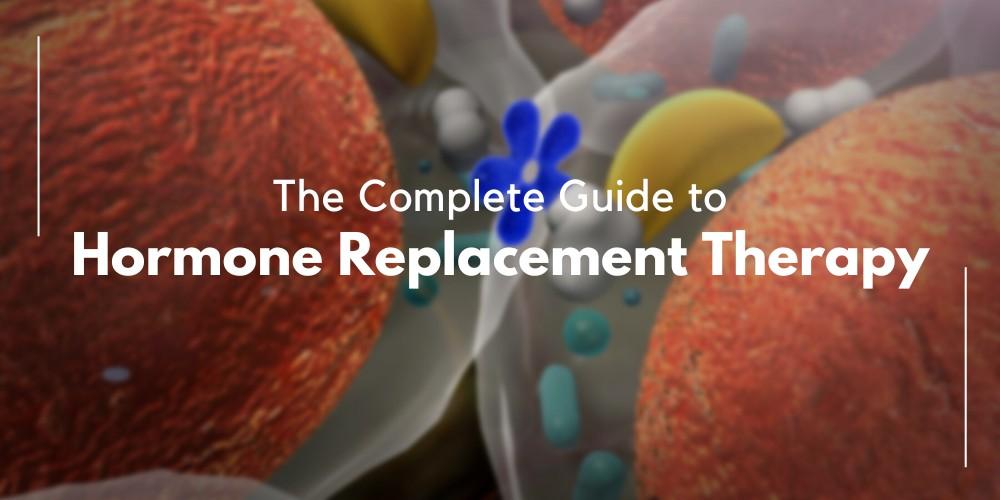Low testosterone is a common condition that affects many men as they age. Decreased testosterone levels can lead to a myriad of different physical and emotional symptoms that have a large impact on a man’s life. In this article, you will learn more about the symptoms of low testosterone and how it affects men. We will go in-depth into the signs and symptoms to be aware of, and what you can do to treat them. Whether you are concerned for yourself or for a loved one, this article can be a very valuable resource in diagnosing low testosterone levels.
What is Low Testosterone?

Low testosterone, also known as hypogonadism, is a medical condition that occurs when a man’s body doesn’t produce enough testosterone, the male sex hormone. Testosterone is responsible for regulating sexual function, muscle mass, and bone density in men. When testosterone levels decrease, a range of physical and emotional symptoms can occur. Low testosterone is a treatable condition, and there are many options available for improving testosterone levels and managing the symptoms.
What Causes Low Testosterone?
Low testosterone can be caused by several factors, including age, injury to the testicles, tumors, and certain medical conditions like obesity and diabetes. The decline in testosterone production is a normal part of aging, but it can be accelerated by certain lifestyle factors such as poor diet, lack of physical activity, and stress.
Another common cause of low testosterone is lifestyle factors. Men who lead sedentary lifestyles, have poor diets, and engage in unhealthy habits like excessive alcohol consumption and smoking can experience a decrease in testosterone levels. Chronic stress, poor sleep, and a lack of physical activity can also contribute to low testosterone levels.
In some cases, low testosterone may also be a side effect of medication or treatments like chemotherapy. If you suspect you have low testosterone, the condition can be easily diagnosed with a simple blood test. Understanding the root cause of your low testosterone levels is essential for developing an effective treatment plan and managing the symptoms.
Symptoms of Low Testosterone

Low testosterone levels can lead to many different symptoms, with a wide range in severity. Here are some of the most common:
- Low libido: Decreased sex drive or sexual desire is one of the earliest signs of low testosterone.
- Erectile dysfunction: Difficulty getting or maintaining an erection can also be a symptom of low testosterone.
- Fatigue: Men with low testosterone may experience feelings of tiredness or fatigue, even after a good night’s sleep.
- Decreased muscle mass and strength: Testosterone plays a key role in building and maintaining muscle mass, so low levels can lead to decreased strength and muscle mass.
- Increased body fat: Low testosterone levels can also cause an increase in body fat, particularly in the abdominal area.
- Depression and mood changes: A decrease in testosterone levels can also affect a man’s mood and emotions, causing feelings of sadness or depression.
- Decreased bone density: Testosterone is also important for maintaining healthy bones, so low levels can lead to a decrease in bone density and an increased risk of osteoporosis.
Diagnosis of Low Testosterone

If you suspect you have low testosterone, it’s important to speak to your doctor. The diagnosis of low testosterone begins with a medical history and physical examination. Your doctor will ask about any symptoms you’re experiencing and any medical conditions you have. They will also do a physical exam, which may include a test of your genitalia and prostate.
To confirm a diagnosis of low testosterone, your doctor will perform a simple blood test to measure your testosterone levels. It’s important to note that testosterone levels can fluctuate throughout the day, so your doctor may recommend repeating testing to get an accurate picture of your testosterone levels over time. If your testosterone levels are low, your doctor may also perform additional tests to determine the cause of your condition and develop an effective treatment plan.
Treatment

At Apollo T Center, we understand the impact that low testosterone can have on a man’s quality of life. That’s why we offer a comprehensive approach to Testosterone Replacement Therapy to help men in the Sugar Land, Texas area regain their energy, vitality, and overall wellness. Our team of medical professionals is dedicated to helping each patient achieve their health and wellness goals through individualized care and personalized treatment plans.
Our Testosterone Replacement Therapy is designed to help men who are experiencing the symptoms of low testosterone, including decreased libido, fatigue, decreased muscle mass, and depression. Our team of experts will work with you to determine the root cause of your low testosterone levels and develop a treatment plan that’s tailored to your specific needs. Our goal is to help you achieve optimal testosterone levels, so you can experience the benefits of increased energy, vitality, and overall wellness.
After reading this article, you hopefully have a much better understanding of low testosterone levels and the impact it can have on your mental and physical health. While it is a difficult thing to deal with, remember that it is treatable and that there are options available to you to improve your health.
If you’re living in the Sugar Land, Texas area and are concerned about your testosterone levels, we invite you to schedule a consultation with our team at Apollo T Center. Our commitment to your health and wellness is our top priority, and we’re here to help you achieve your goals and live life to the fullest.


